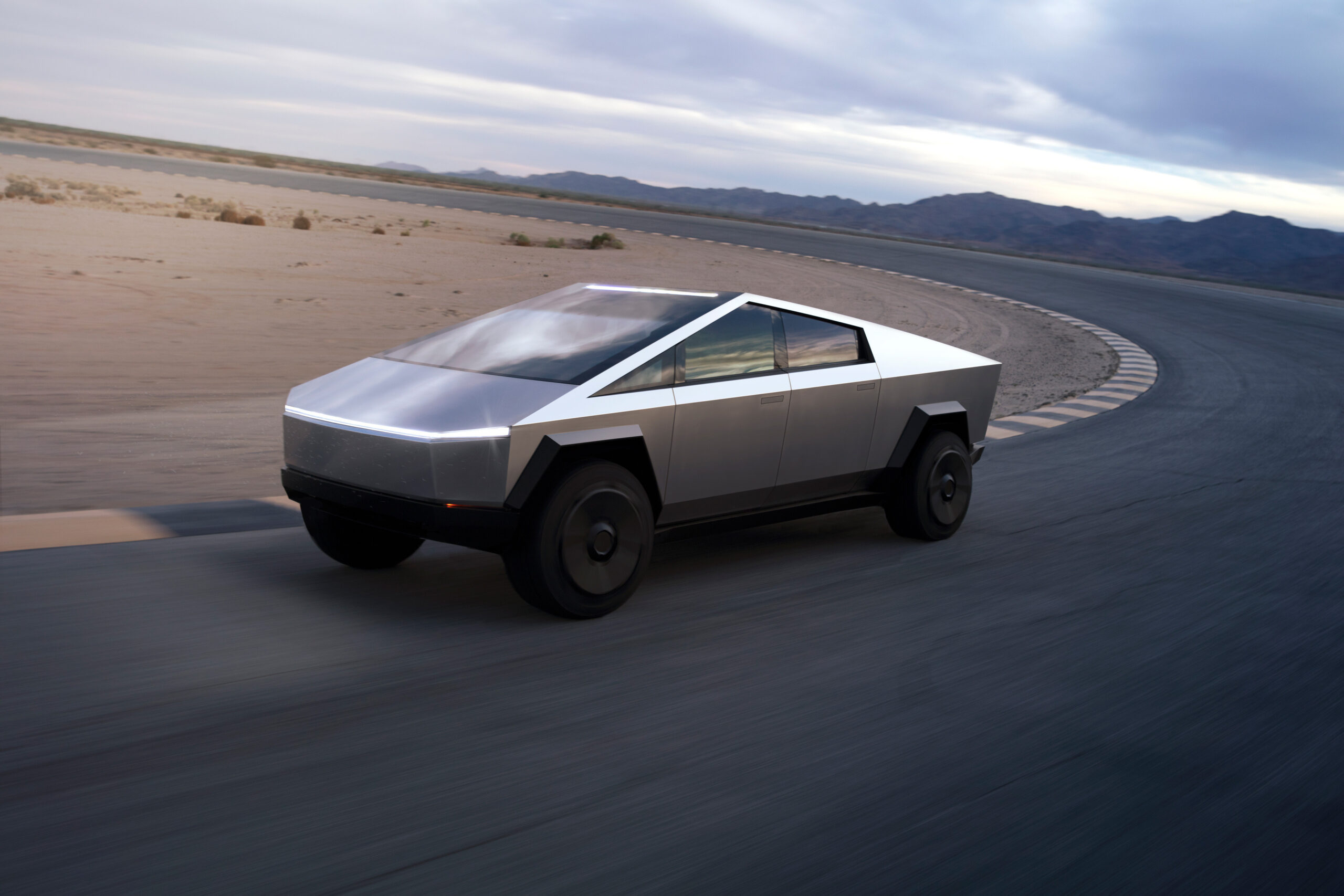Tesla jumped on its latest earnings report. Can it keep gaining?
Tesla (TSLA 16.86%) has long presented a unique challenge to investors.
The company is an automaker, but it’s not valued like one. As an electric vehicle (EV) maker, Tesla has been a key player in a segment of the auto market that was surging not long ago. But over the past year, momentum has faded in the EV industry, amid increased supply and concerns that the gas-free cars aren’t worth their high price tags.
As its core market seems to be maturing, Tesla has pivoted to autonomy and artificial intelligence (AI), which CEO Elon Musk sees as the future of the company and its biggest difference-maker.
For the past few quarters, the company has told investors that it’s in between two major growth waves. It’s largely finished its global expansion of the Model 3 and Y, and it anticipates progress in autonomy and the introduction of new products.
In Tesla’s third-quarter earnings call late Wednesday, Musk went as far as to again forecast that his company can reach entirely new heights if it can make autonomy work: “If we execute on our objectives — I think we will — my prediction is Tesla will become the most valuable company in the world, and probably by a long shot.”
Musk is no stranger to bold predictions, but this is probably his boldest one yet. The good news for investors is that Tesla finally pleased investors in its third-quarter report, notching solid profit growth and improving growth margins. As of 10:25 a.m. ET, the stock has raced up by 16%. Keep reading to learn more.
Image source: Tesla.
Tesla scores a win
Even as Tesla’s deliveries rose in the third quarter, automotive revenue growth was still minimal, up 2% to $20 billion, and it was even slower without the inclusion of regulatory credits. Overall revenue, which includes the faster-growing energy generation and service segments, rose 8% to $25.2 billion, which was short of estimates at $25.37 billion.
Going by generally accepted accounting principles (GAAP), gross margin improved from 17.9% to 19.8% as the company achieved the lowest cost of goods per vehicle in its history at $35,100, as its expenses improved after a round of layoffs in the second quarter.
Operating income jumped 54% to $2.7 billion, and adjusted (non-GAAP) earnings per share rose from $0.66 to $0.72, which topped estimates for $0.58. The Cybertruck also generated a gross profit for the first time.
In addition to the questions about profit growth, investors were also wondering about production growth, as the company is basically on track for flat growth this year. Musk told investors on the earnings call that the company was targeting 20% to 30% production growth next year as it begins producing the Cybercab it introduced at its autonomy event earlier this month.
Musk expects the two-seater autonomous vehicle, which doesn’t have a steering wheel or pedals, to start operating on the road in Texas next year, and likely in California.
The autonomy play
Musk has continued to pump the autonomy opportunity, and backers like Ark Invest’s Cathie Wood have argued that it could raise the company’s valuation to $5 trillion. As Musk sees it, Tesla’s network of robotaxis could disrupt virtually every form of local transportation and possibly long-distance transportation, and do it cheaper. He also envisions consumers being able to make money owning their own Cybercab and renting them out.
Tesla appears to be unique in its ability to manufacture autonomous vehicles at scale and has the ability to flip a switch to make them autonomous when the technology is ready, but the timeline for actual full self-driving remains unclear.
We could get a better sense once the Cybercab starts hitting the road, but most investors have learned by now to take Musk’s timeline with a grain of salt. The vehicles will need to pass regulatory muster and prove themselves in real-world situations, as Alphabet‘s Waymo has.
Is Tesla a buy?
As long as autonomy in both cars and robotics remains the goal, Tesla’s upside potential remains significant.
Keep in mind, though, that the days of dramatic growth in the EV seem to be mostly over. It’s clear why Tesla stock jumped on the earnings reports, as the improving margins were a pleasant surprise. But even if the company hits its goal of 20% to 30% growth, that’s still short of the 50% target Musk gave back in early 2021.
If Tesla ends up fulfilling Musk’s vision of a massive autonomous vehicle network, the stock should be a winner. Without that, it looks set up to be a disappointment. After the stock’s surge Thursday morning, it trades for more than 100 times adjusted EPS. But the market has long valued Tesla as more than an automaker.
Suzanne Frey, an executive at Alphabet, is a member of The Motley Fool’s board of directors. Jeremy Bowman has no position in any of the stocks mentioned. The Motley Fool has positions in and recommends Alphabet and Tesla. The Motley Fool has a disclosure policy.

